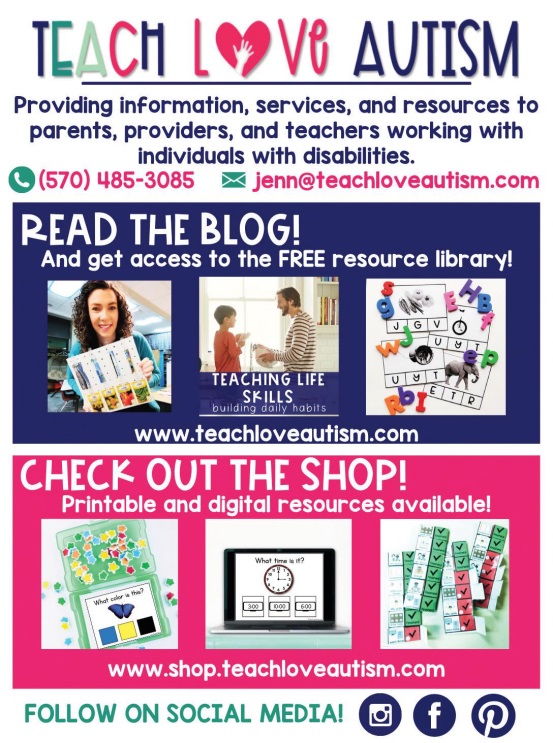The first step is working with a family physician to look for deficits or signs that the child is not reaching certain milestones. Next, there should be a referral to an early intervention program where the child is assessed and screened in different areas. The results of the assessment will help create a plan of action and determine the amount and type of services the child needs. Then professionals will be assigned to work with the child in the home or other environments to support those needs. These professionals can help start the right interventions for the child, as well as guide and support the teachers and the family to meet those special needs.
BENEFITS OF EARLY INTERVENTION SERVICES
- Provide Resources, Support, and Information: Early intervention provides parents with resources, support, and information to enhance their child's skills in many areas. Working together with a provider trained in early childhood enables parents to feel confident that they are facilitating their child's development. Professionals can help families with modeling strategies and supports that will encourage an increase in development for the child. Through the use of research-based strategies and collaboration, families and professionals can work towards common goals and build consistency for children trying to learn new skills.
- Improve Communication & Relationships: Early intervention services are not just about the child. They incorporate the entire family, and find strategies that can be easily used to help children perform skills under different conditions and continue to exhibit the skills over time. For example, when communication and language is delayed, understanding and interacting with other children will be delayed. This makes it difficult to develop relationships with siblings and friends. With services, the child and family can solve problems and learn to negotiate conflicts between siblings, and the child can learn to develop relationships with friends. Through early intervention, children learn how to use language to convey messages, express feelings, and interact with their families and peers.
- Improve Behavior with Early Intervention Services: Children with delayed development may get frustrated and exhibit challenging behavior to compensate for their delays. It is difficult to express wants and needs when communication is delayed, so often a physical response such as biting or hitting takes place. Early intervention will provide behavior support and strategies to facilitate a child's needs. This means providing: resources, materials, and strategies that will support positive behavior in the home and eventually in school too.
- Promote Future Success in School: Early development sets the stage for learning, and influences later success in school. There is evidence suggesting that having a good command of language, behavior, and physical abilities goes hand-in-hand. If these skills are worked on early in life, children will have the ability to imagine and to create new ideas and, eventually, to read and write. It can also close the gap that often happens in schools for children that come to kindergarten with deficits.
- Make Learning Fun: Early intervention will help families add support to everyday activities that they do with their children. This provides lots of opportunities for children to learn – not only when playing, but also when getting dressed, brushing their teeth, preparing meals, eating, bathing, helping with family chores, get
ting ready for bed, and lots of other activities. The intervention also brings the family a greater understanding of their child's needs, and how to break learning down into small steps for their child. When children know what they are expected to do and can be successful, they have fun learning in almost any activity, and want to learn more. •
ABOUT THE AUTHOR:

Jenn Adams is a special education and elementary teacher living and work in Pennsylvania. She has taught in multiple classrooms, grade levels and settings including regular education, special education, and alternative education. She has taught grades Pre-K, 1st, and 5th12.Currently, Jenn works for a public cyber charter school teaching students in grades 5th through 8th in an autistic support virtual classroom. Jenn obtained her Bachelor's degree in elementary and early childhood education in 2007 from Millersville University. She also obtained her Master's degree in 2014 in special education from Saint Joseph's University. Jenn also added the credentials of becoming a registered behavior technician (RBt) working closely with students with autism and intellectual disabilities working with principles of Applied Behavior Analysis. Lastly, Jenn is currently pursuing her principal's certificate from California University of PA. In her 14 years in education she truly has found that building relationships is what needs to come first and loves learning new ways to reach her students. During her time not spent in the classroom Jenn conducts parent training with colleagues in the special education field and provides information through her blog, website, and social media channels all called Teach Love Autism. Jenn also works hard every day to find a work and life balance and believes that is the key to happiness in doing what you love.
